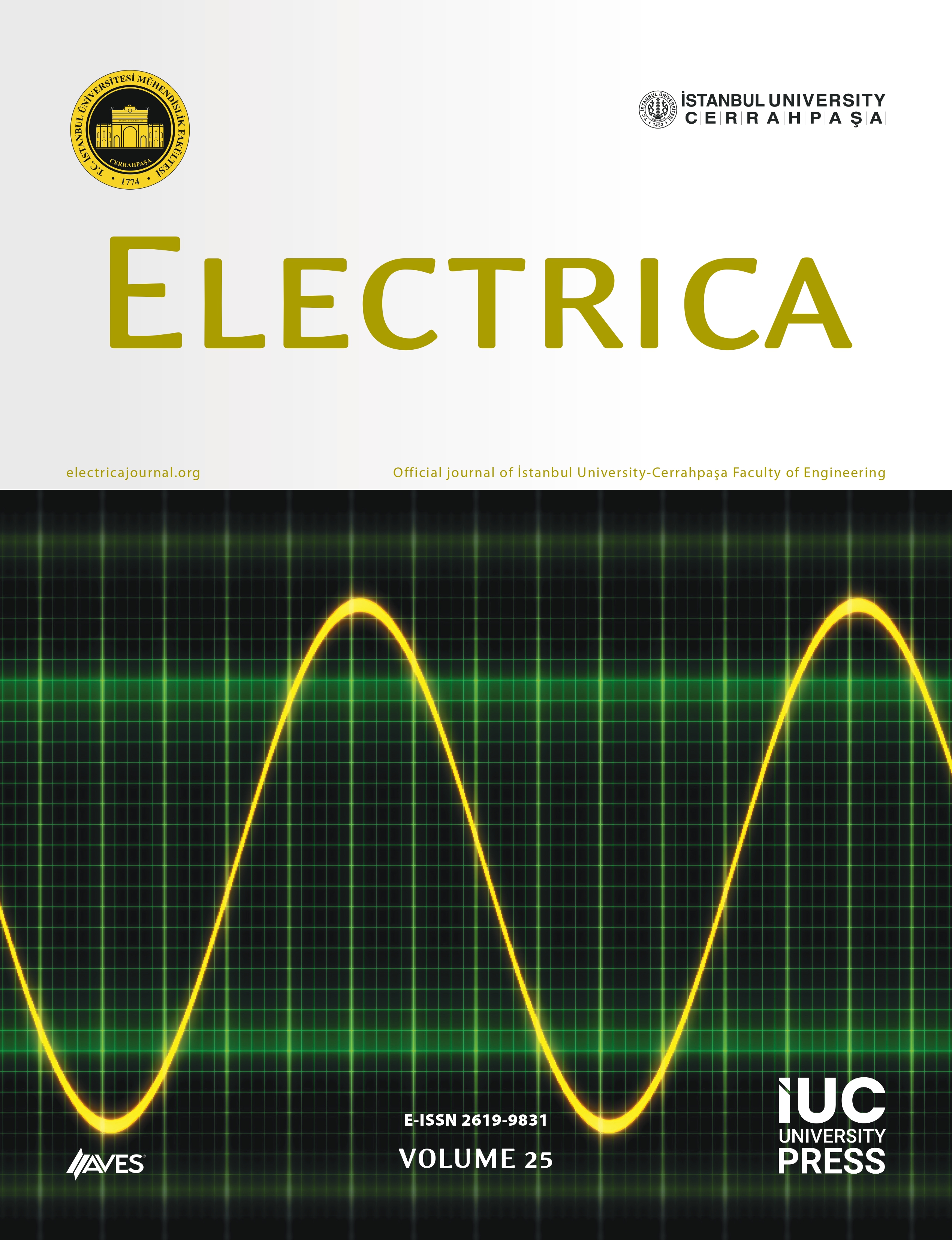The problem of noise reduction has attracted a considerable amount of research attention over the past several decades. Among the numerous techniques that were developed, the Wiener filter can be considered as one of the most fundamental noise reduction approaches, which has been delineated in different forms and adopted in various applications. An important parameter of numerous speech enhancement algorithms is the a priori signal-to-noise ratio (SNR). The Wiener filter emphasizes portions of the noisy signal spectrum where SNR is high and attenuates portions of the spectrum where the SNR is low. So an a priori SNR estimator is a very important component of the Speech enhancement algorithm, especially if the algorithm should be capable of handling non-stationary noise. This paper presents a comparative study of different a priori SNR estimation methods and a performance evaluation of a Wiener denoising technique using those methods by the extensive objective quality measures under various noisy environments.



.png)

.png)